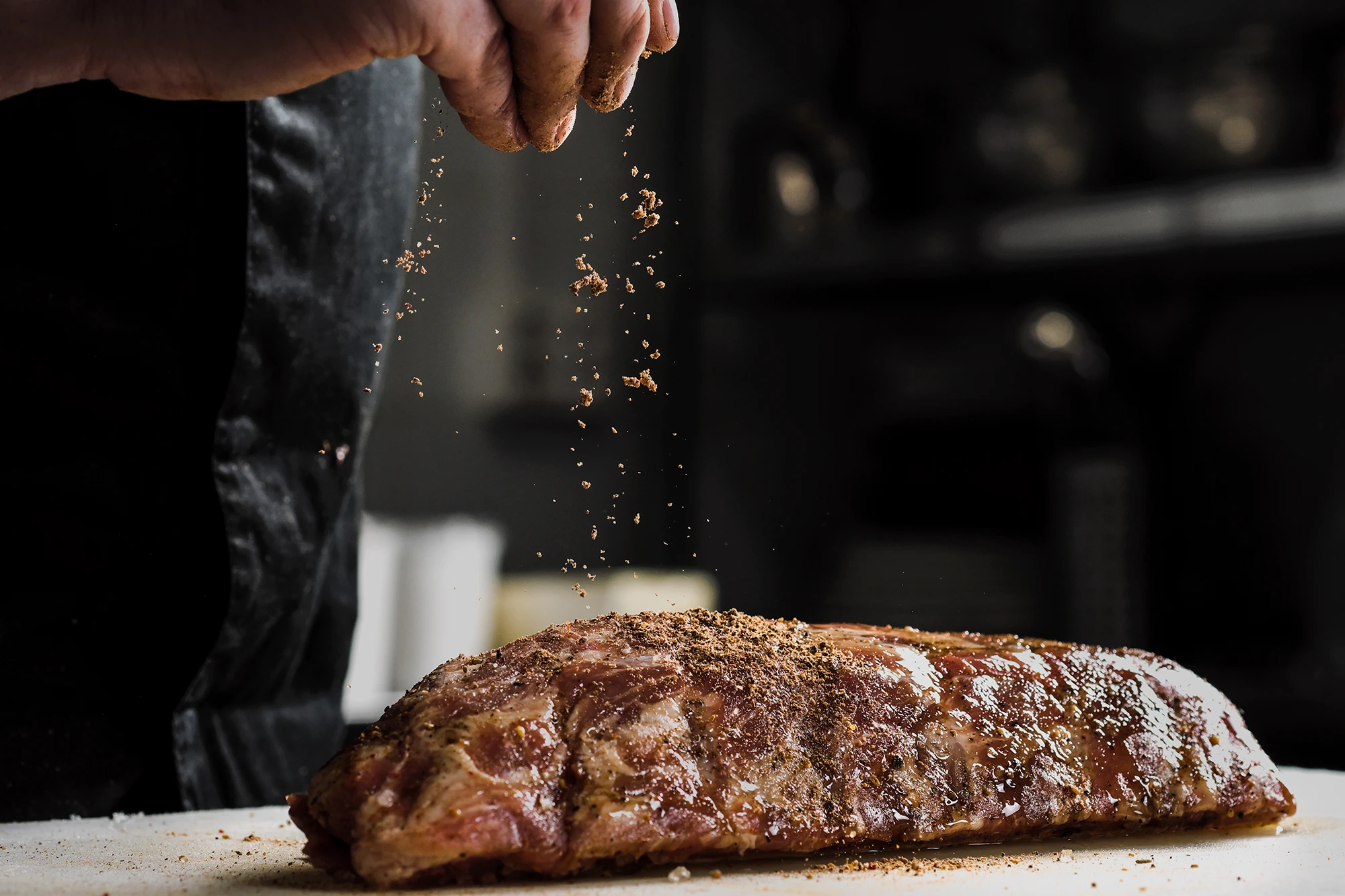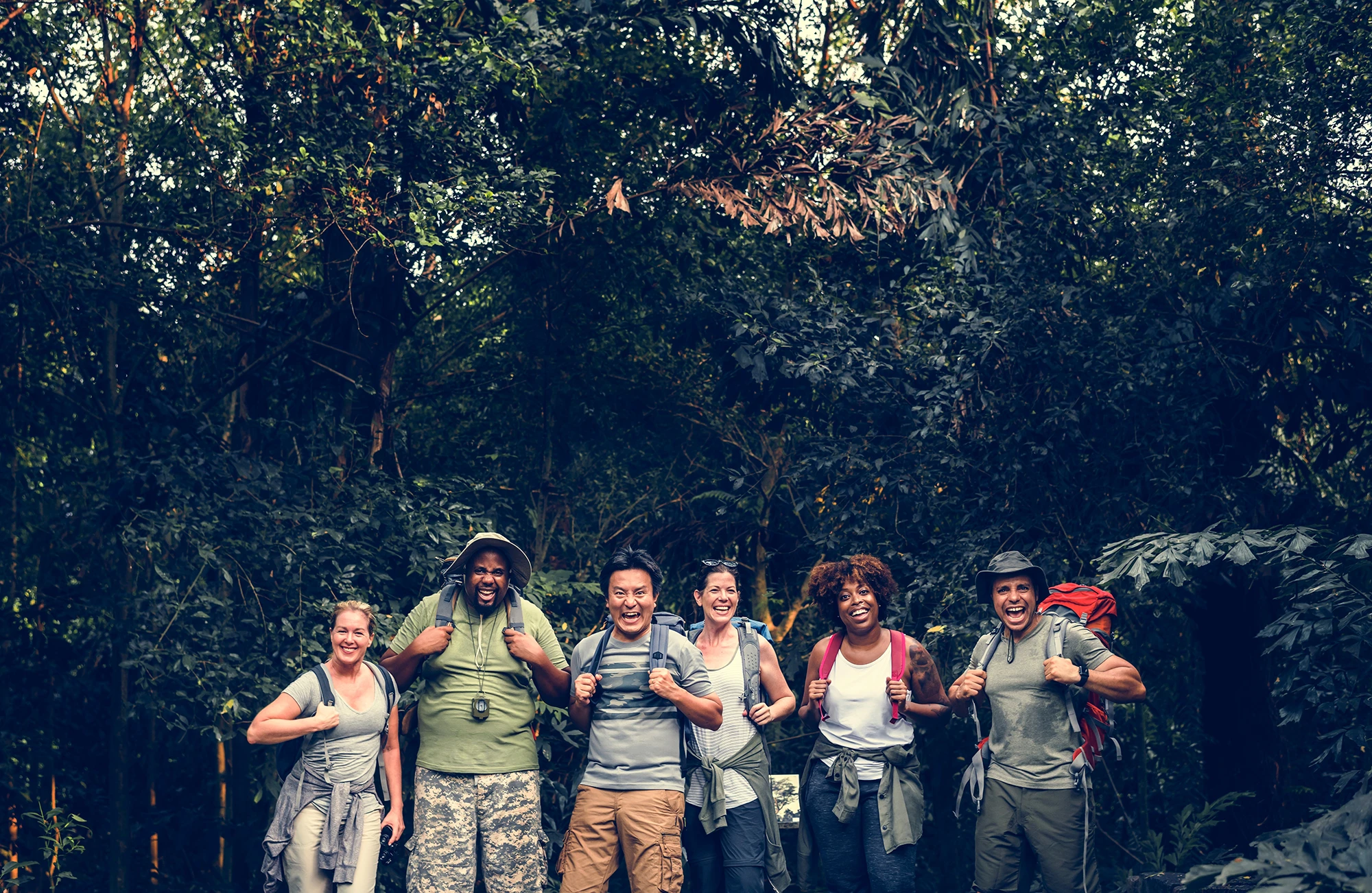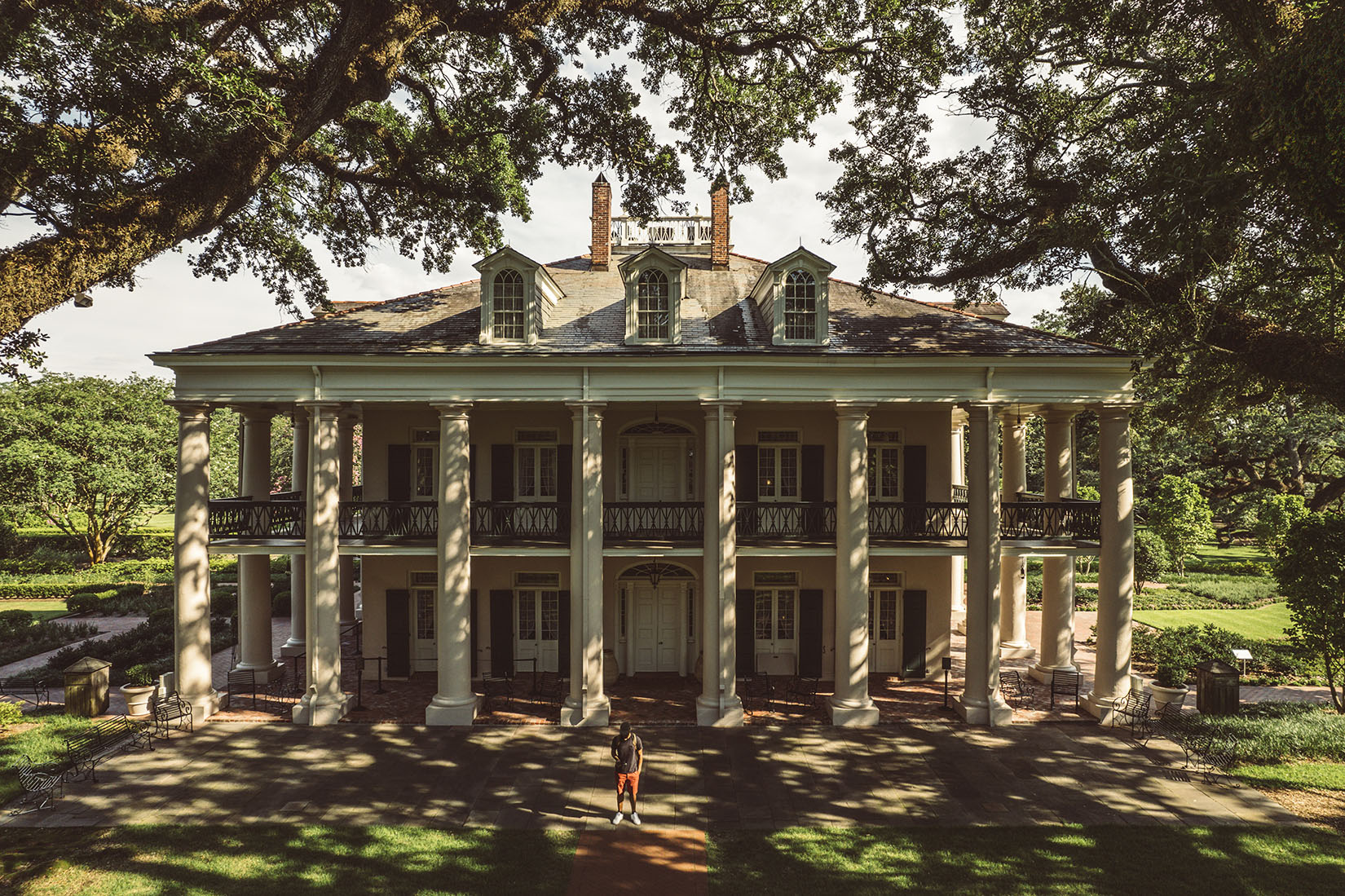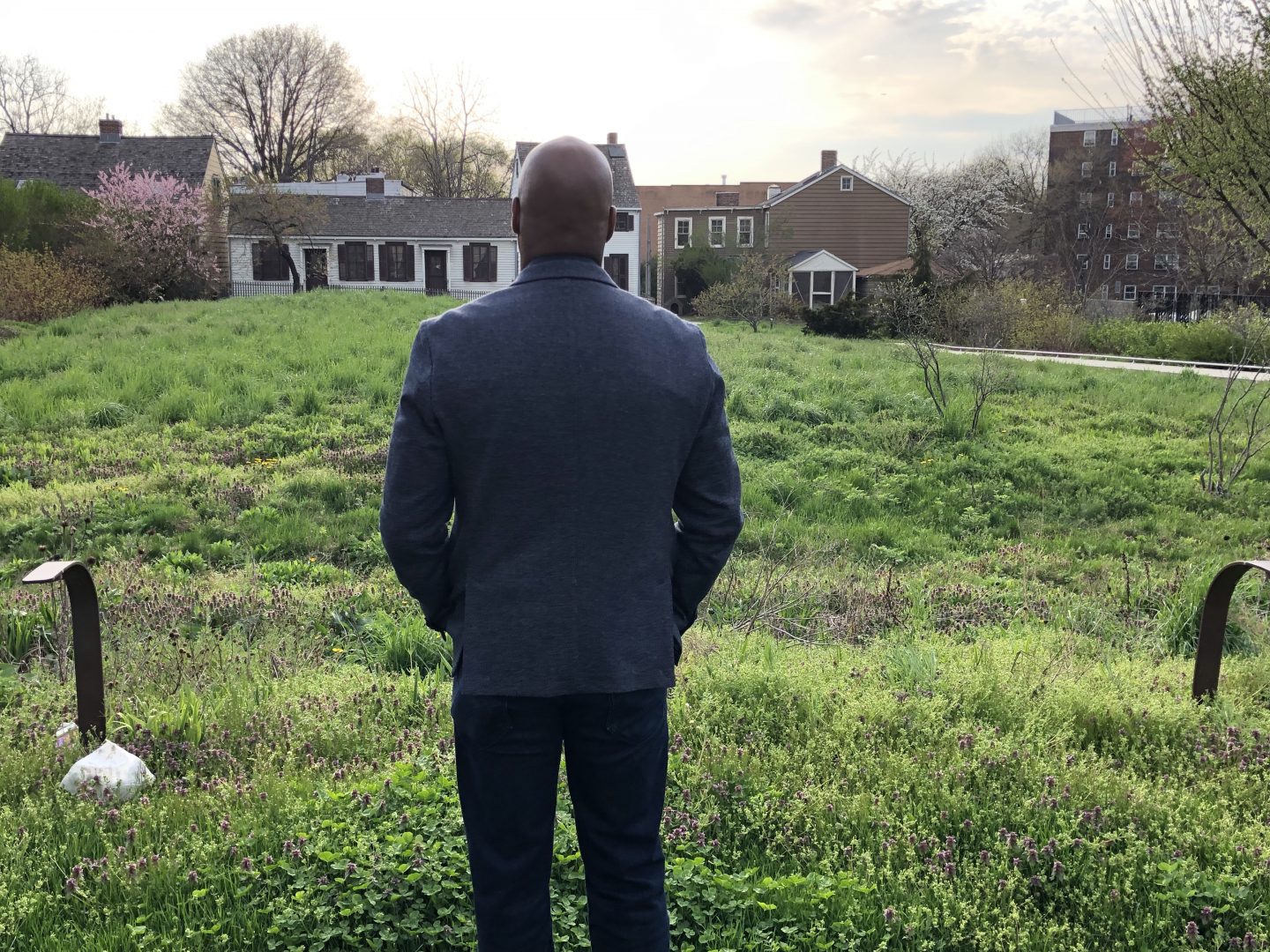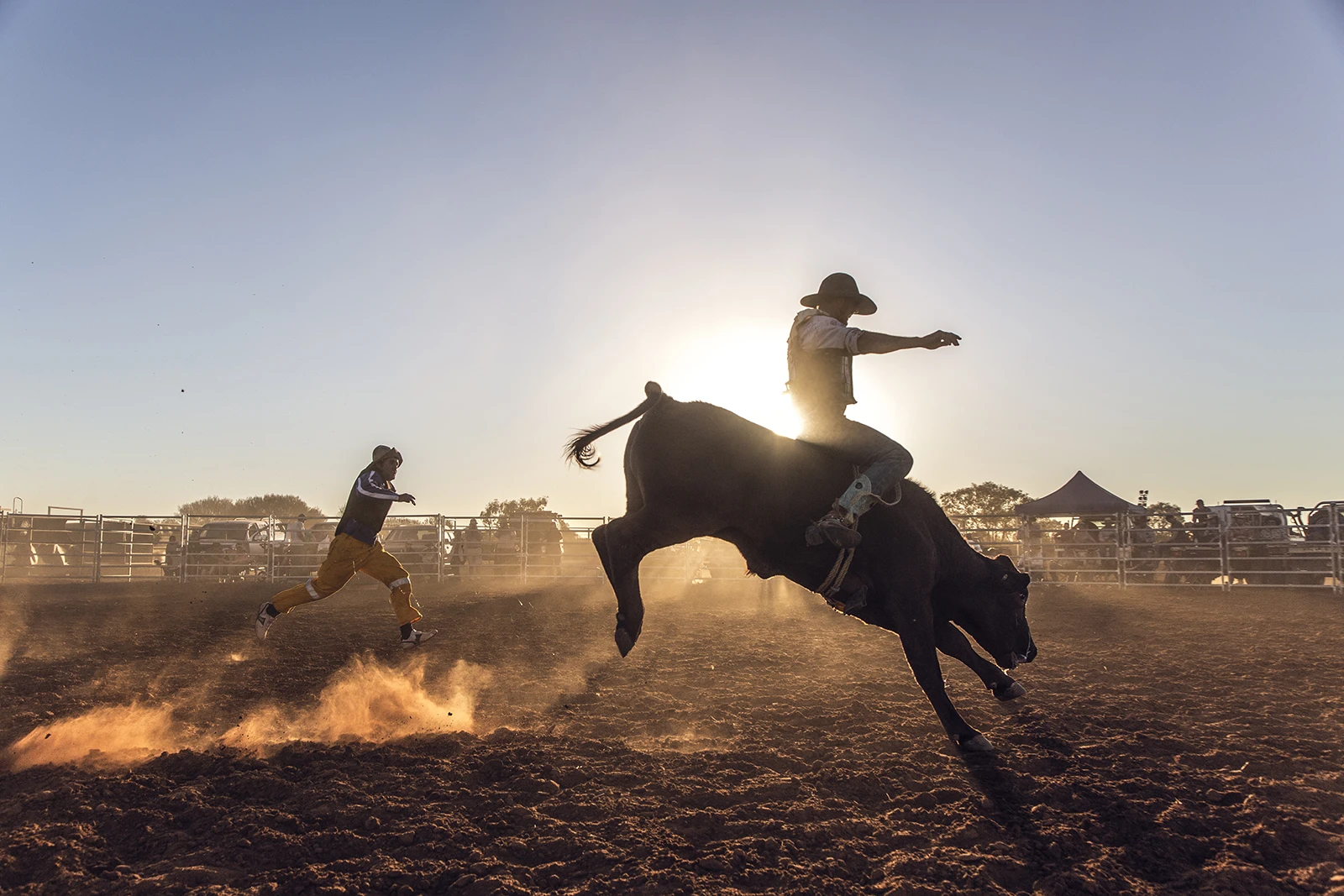
Cowboys of Color: The Untold Stories of Black Fort Worth
In the vast expanse of the American Wild West, stories of cowboys riding into the sunset, roping cattle, and living free on the frontier have been passed down through generations. Fort Worth, known as “Cowtown,” is one of the cities that celebrates this heritage. Yet, an integral part of this cowboy legacy, the Black cowboys, often remains in the shadows of mainstream narratives.
The Invisible Cowboys
When envisioning a cowboy, the popular image conjured is that of a rugged white man, thanks largely to Hollywood’s portrayal. However, historians estimate that at the peak of the cowboy era, one in four cowboys was Black. After the Civil War, many freed slaves moved westward, seeking work and a new life. They found roles as cowhands, cattle herders, and rodeo performers. These cowboys played pivotal roles in cattle drives, contributing significantly to the development and prosperity of places like Fort Worth.
Legends of the Range
One such legend is Bose Ikard, born a slave in Mississippi and later freed, who became a prominent cattle driver and trusted employee of the famed Oliver Loving and Charles Goodnight. Ikard’s abilities as a tracker and his courage made him an indispensable member of the team. His legacy is immortalized with a grave marker in Fort Worth’s Pioneer Rest Cemetery, bearing an inscription from Goodnight himself.
Another figure worth noting is Nat Love, also known as “Deadwood Dick.” His autobiography, published in 1907, recounts his adventures and provides invaluable insights into the lives of Black cowboys during the post-Civil War era.
Cowboys of Color Rodeo: Celebrating a Legacy
The Cowboys of Color Rodeo, held annually in Fort Worth, seeks to bring these often-overlooked stories to light. More than just a showcase of rodeo talents, it’s a cultural event that celebrates the contributions of Black, Native American, and Hispanic cowboys and cowgirls. Through roping competitions, bull riding, and cultural exhibitions, the rodeo honors the rich tapestry of diversity that shaped the American West.
The event serves as an educational platform, ensuring that younger generations recognize and take pride in the multifaceted history of cowboys. The rodeo is not just about competition; it’s about unity, history, and heritage.
A Legacy Reclaimed
The history of Black cowboys in Fort Worth and the broader American West is one of resilience, skill, and invaluable contribution. Their stories, though less frequently told, are deeply woven into the fabric of the cowboy legacy. Today, through endeavors like the Cowboys of Color Rodeo and the efforts of historians and community leaders, these stories are finally being given their rightful place in the annals of history.
In visiting Fort Worth, one does not only step into the world of rodeos and cattle drives but also enters a realm where the legacy of cowboys of all colors lives on, reminding us of the diverse hands that built the American frontier.
Authors
-

Eric has revolved in and out of passport controls for over 20 years. From his first archaeological field school in Belize to rural villages in Ethiopia and Buddhist temples in Laos, Eric has come smile to smile with all walks of life. A writer, photographer and entrepreneur, the LA native believes the power of connectivity and community is enriched through travel.
View all posts -

Sepi is platform born in celebration of Black history and culture, promoting economic investment and tourism in African American neighborhoods, and supporting black-owned businesses. Explore. Experience. Evolve.
View all posts
Book An Experience
Melanin Miami
Discover Miami's African American heritage on the Melanin Miami Tour, a exploration of cultural landmarks and Black-owned businesses.
Share this article
Discover Sepi Stories

-
8553 N Beach Street Suite 138
Ft Worth, TX 76244
- Become a Vendor
- Home
- My Passport (Coming Soon)
- Book Experiences
- Edit Profile
- Login
- Logout
Support
- FAQs (Coming Soon)
- Phone: 641-754-0072
- Email: contact@sepitravel.com
- Sitemap
- Privacy Policy
- Terms & Conditions
- Non Discrimination Policy

-
8553 N Beach Street Suite 138
Ft Worth, TX 76244
- Become a Vendor
- Home
- My Passport (Coming Soon)
- Book Experiences
- Edit Profile
- Login
- Logout
Support
- FAQs (Coming Soon)
- Phone: 641-754-0072
- Email: contact@sepitravel.com
- Sitemap
- Privacy Policy
- Terms & Conditions
- Non Discrimination Policy
Sepi LLC © All rights reserved 2024.





